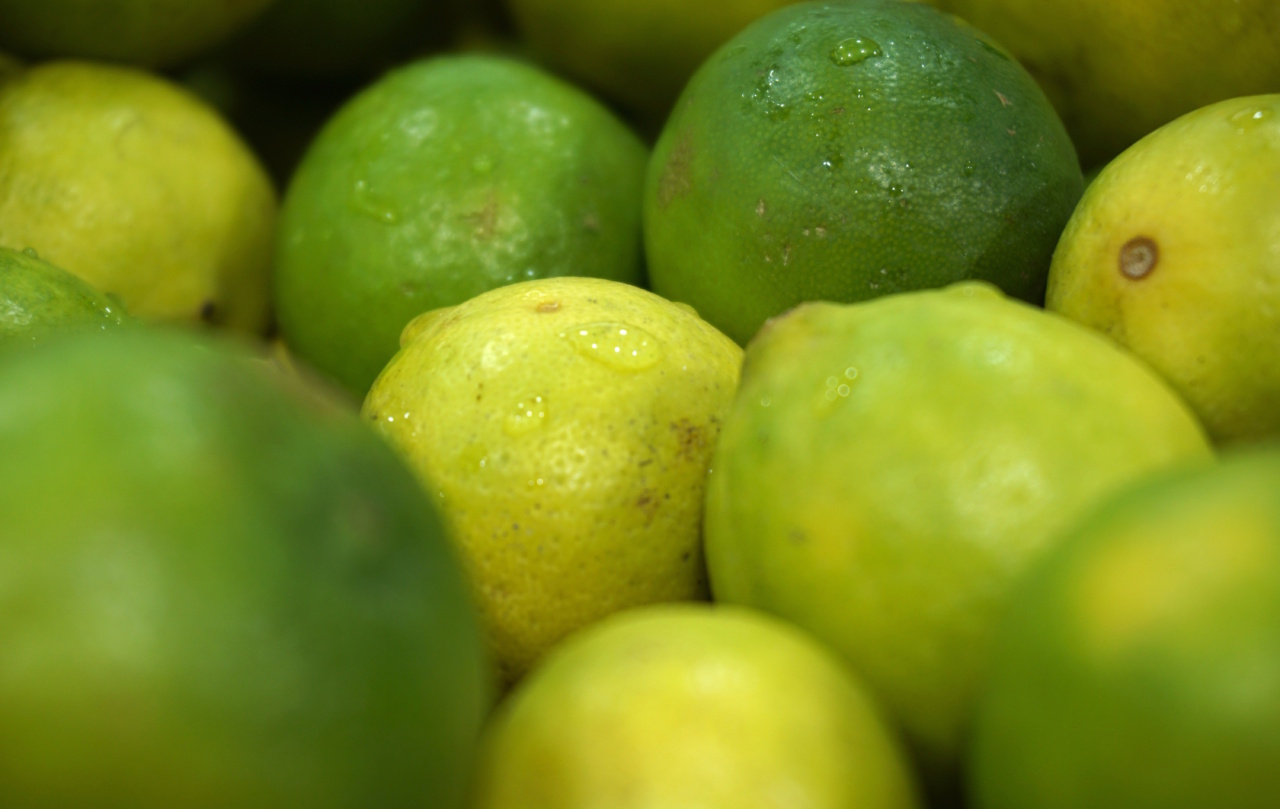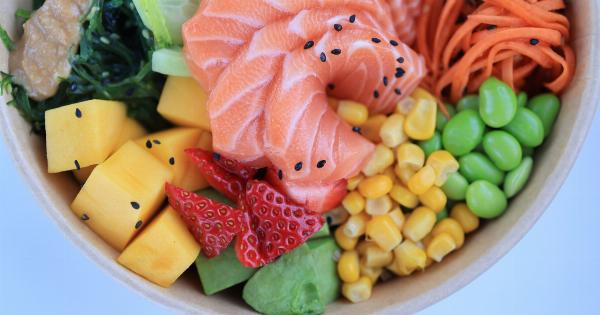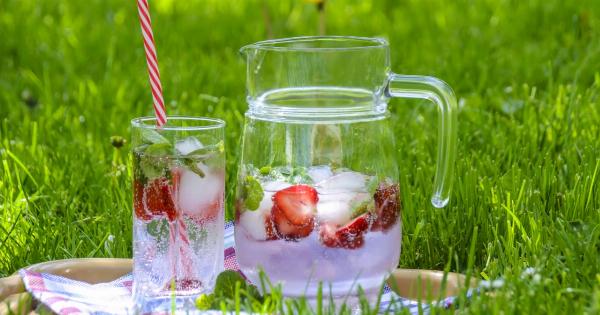Water is an essential component of our body, playing a vital role in maintaining overall health and well-being. It is recommended to consume an adequate amount of water daily to stay hydrated.
While drinking water is crucial, getting water from our diet through water-enriched fruits and vegetables is equally important. These fruits and veggies not only provide hydration but also offer various other health benefits. Let’s explore some of these water-enriched wonders and understand why they are so beneficial.
1. Cucumber
Cucumber, consisting of about 96% water, is one of the most hydrating vegetables available. It not only quenches thirst but also provides essential vitamins and minerals.
Cucumbers are rich in antioxidants, which help reduce inflammation and promote healthy skin. Additionally, they are low in calories, making them a perfect snack option for those watching their weight.
2. Watermelon
Watermelon, as the name suggests, is loaded with water content, approximately 92%. This juicy fruit is not only delicious but also packed with important nutrients like vitamins A, C, and B6.
Watermelon also contains lycopene, a powerful antioxidant known for its potential role in reducing the risk of certain cancers.
3. Celery
Celery is another fantastic water-enriched vegetable, consisting of about 95% water. It is well-known for its crunchy texture and distinct flavor.
Apart from hydration, celery is a rich source of dietary fiber, which aids in digestion and promotes bowel regularity. This versatile vegetable can be consumed raw, added to salads, or used as a flavor enhancer in various dishes.
4. Pineapple
Pineapple is a tropical fruit with approximately 87% water content. It is a fantastic source of vitamins C, B6, and folate, and also provides key minerals like manganese and copper.
Pineapple contains bromelain, an enzyme that aids in digestion and may have anti-inflammatory properties. Including pineapple in your diet can help keep you hydrated while providing a burst of tropical flavor.
5. Strawberries
Strawberries, comprising around 91% water, are not only delicious but also highly nutritious. They are packed with antioxidants, vitamins C and K, folate, and fiber.
These vibrant berries can support heart health, regulate blood pressure, and improve cognitive function. Enjoy them on their own, add them to smoothies, or top them on yogurt for a refreshing and hydrating treat.
6. Tomatoes
Tomatoes are often classified as fruits due to their seed-bearing structure, and they contain about 95% water.
They are rich in lycopene, an antioxidant associated with numerous health benefits, including reduced risk of heart disease and certain types of cancer. Tomatoes are also an excellent source of vitamin C, potassium, and vitamin K, making them a great addition to your diet for hydration and overall well-being.
7. Oranges
Oranges are known for their high vitamin C content, but they are also about 87% water. These citrus fruits provide hydration while delivering essential nutrients like vitamins A, B, and calcium.
Oranges are also rich in dietary fiber, which aids digestion and helps maintain healthy cholesterol levels. Savor the tangy and refreshing taste of oranges to quench your thirst and boost your immune system.
8. Bell Peppers
Bell peppers, whether green, red, or yellow, are excellent sources of water, consisting of around 92% water content. They are low in calories and high in essential vitamins such as vitamin C, vitamin A, and vitamin B6.
Bell peppers are also rich in antioxidants, which help protect the body against free radical damage and promote overall health.
9. Grapefruit
Grapefruit is another citrus fruit that is not only hydrating but also packed with nutrients. Comprising approximately 91% water, grapefruit delivers essential vitamins, including vitamin C and vitamin A.
It also contains antioxidants and fiber, which contribute to digestive health and overall well-being. Enjoy this tangy fruit on its own or as a refreshing addition to salads and smoothies.
10. Cabbage
Cabbage, a cruciferous vegetable, has a water content of around 92%. It is a nutrient-dense veggie, rich in vitamins C, K, and folate. Cabbage also contains sulfur compounds that are believed to have potential anti-cancer properties.
Additionally, it provides dietary fiber, which aids digestion and helps maintain a healthy gut.
Incorporate Water-Enriched Fruits and Veggies into Your Diet
Now that you are aware of the incredible benefits of water-enriched fruits and vegetables, it’s time to incorporate them into your diet.
These hydrating foods not only quench your thirst but also provide an array of essential nutrients, vitamins, and minerals. They promote overall health, aid digestion, and support various bodily functions. Try adding these fruits and veggies to your salads, smoothies, or have them as standalone snacks to stay hydrated and reap the benefits they offer.































